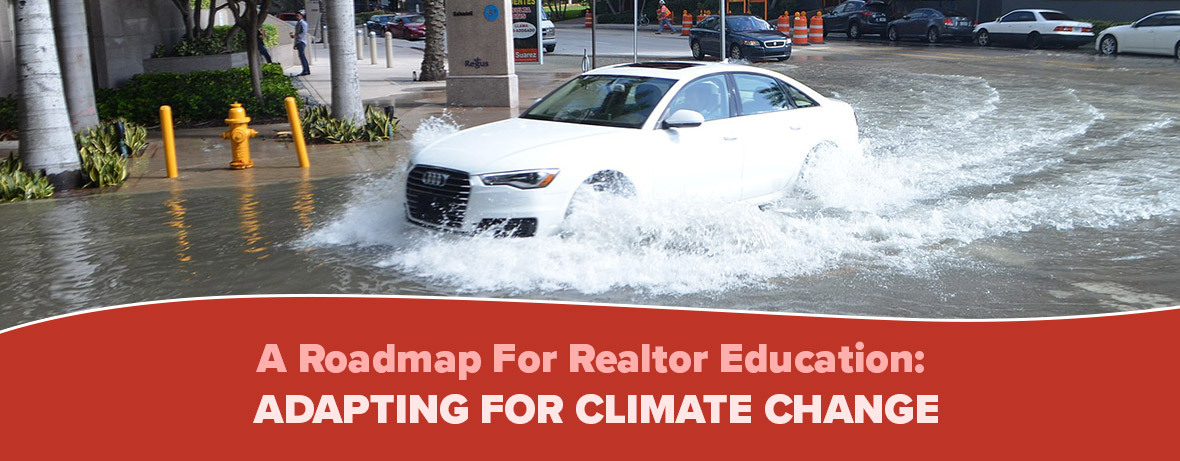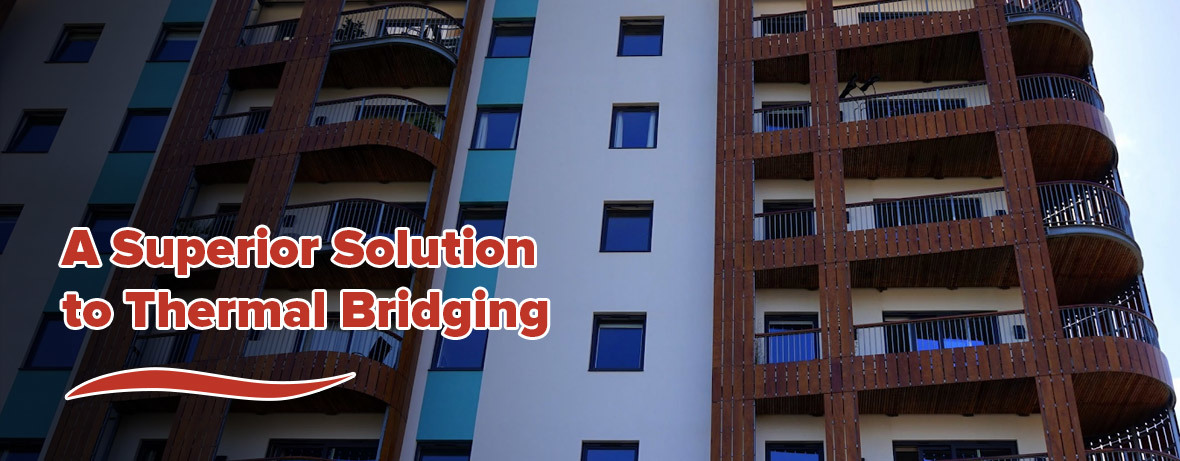Fox Blocks ICF Partners with Habitat for Humanity
Fox Blocks donated Insulated Concrete Forms (ICF) to the Habitat For Humanity’s 30th Annual Jimmy and Rosalynn Carter Work Project. The volunteers and materials donated by Fox Blocks will help rebuild the home of Elmer Lamberson’s whose home was lost in Superstorm Sandy.

Working With an Architect: A Homeowner's Guide to Designing a New House
This guide will help you navigate through the process of hiring and working with an architect to successfully design and build the home of your dreams.

Build a Better Commercial Building With These 13 Tips
Fox Blocks suggests these thirteen tips that building owners and project managers should consider before building a commercial building.

Florida ICF Homes are Energy-Efficient, Storm-Proof, and Durable

Exterior Wall Thickness: How Thick Should Your Walls Be?
The exterior wall thickness of a home significantly impacts the house’s energy efficiency, disaster resistance, and IEQ. Learn how thick exterior walls should be.

A Roadmap for Realtor Education: Adapting for Climate Change

Understanding the Construction Process for an ICF Home Addition
ICFs and Severe Weather
The steel reinforced concrete, which can cure stronger than normal concrete because of the foam insulation, can withstand winds of over 200 MPH, and projectile debris traveling over 100 MPH. There are dozens of eye witness examples of ICF homes taking EF5 tornadoes head on with the walls still standing.

A Superior Solution to Thermal Bridging

How to Design a Home or Building with Good and Healthy Air Quality